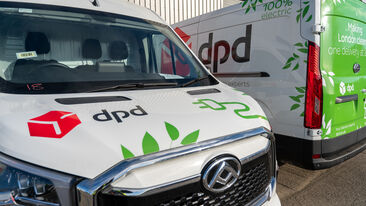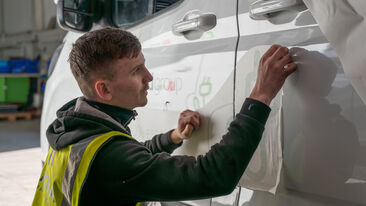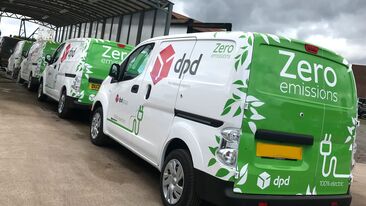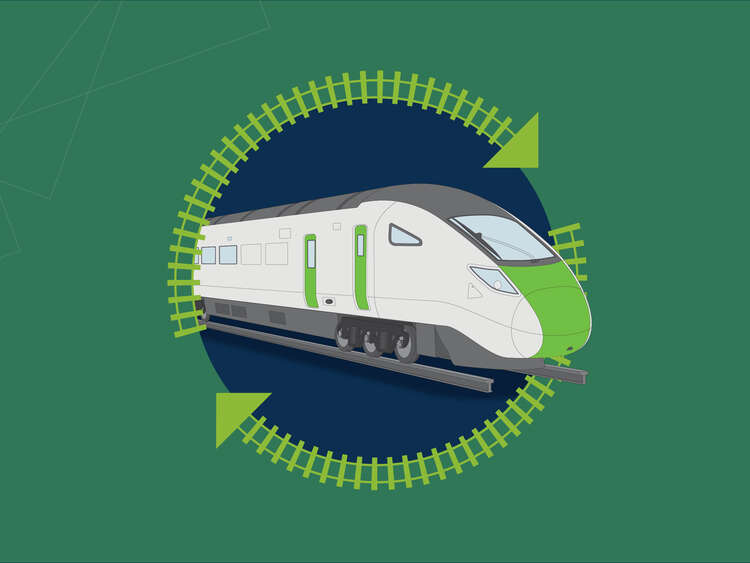
How to maximise your sustainability in the Rail Sector
November 26, 2024
Sustainability is no longer just a buzzword—it's a necessity. For UK Train Operating Companies (TOCs), pursuing sustainability not only aligns with environmental goals but also enhances operational efficiency and passenger satisfaction. With rail transport playing a crucial role in reducing carbon emissions compared to other forms of transport, TOCs have a unique opportunity to lead by example. Here’s how TOCs can maximise their sustainability efforts.
Transition to renewable energy sources
One of the most significant ways TOCs can become more sustainable is by transitioning to renewable energy sources. While electric trains already offer lower emissions compared to diesel counterparts, the energy they consume often still comes from non-renewable sources. By investing in renewable energy, such as wind or solar power, TOCs can further reduce their carbon footprint. Hydrogen fuel cells are also gaining traction as zero-emission options; we recently worked with Porterbrook to provide branding for the UK’s first hydrogen-ready passenger train, HydroFLEX.
Adopting energy-efficient technologies is another crucial step. This includes regenerative braking systems, which capture and reuse energy that would otherwise be lost during braking. Modern trains are increasingly equipped with these systems, allowing them to feed energy back into the grid or use it to power onboard systems. Upgrading older trains with similar technology can contribute to energy savings and reduce the overall environmental impact.
Optimise train schedules and operations
Optimising train schedules to reduce idle times and unnecessary trips reduces energy consumption. Real-time data analytics allows TOCs to adapt train schedules based on demand, track availability, and even weather. This reduces the need for underutilised trains, saving both energy and reducing wear.
Additionally, improving driver training to promote energy-efficient driving practices such as coasting, minimising acceleration, and maximising regenerative braking can lead to significant fuel savings.
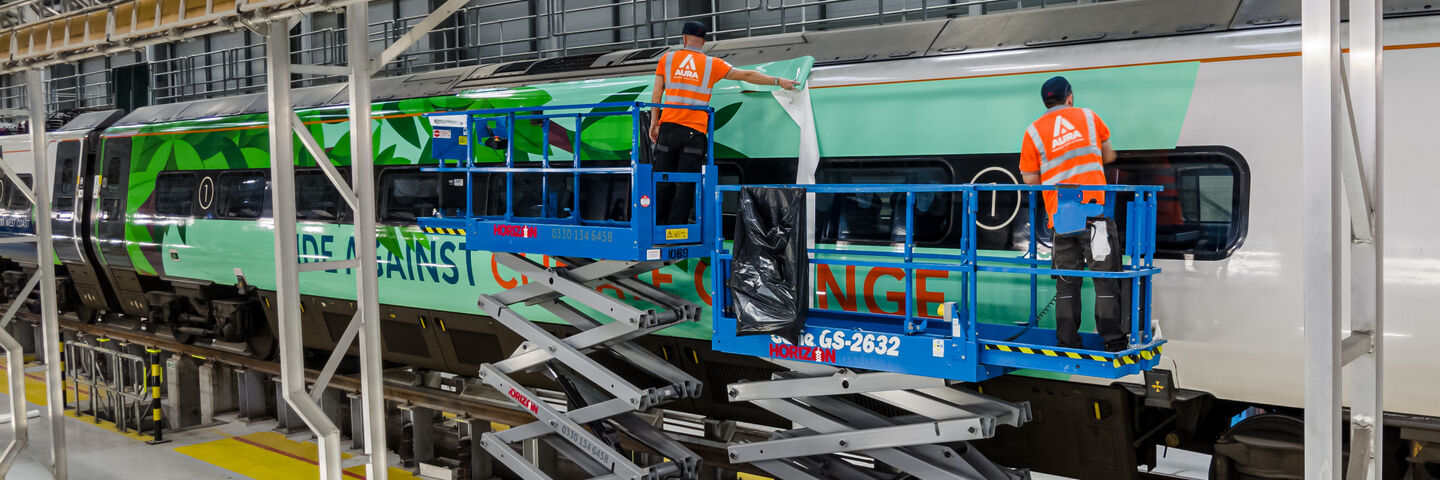
Invest in sustainable infrastructure
Sustainable infrastructure goes beyond the trains themselves. TOCs can invest in green stations, incorporating features like rainwater harvesting, solar panels, and energy-efficient lighting. Green stations can serve as models for sustainability, enhancing brand while reducing operational costs.
Supporting multi-modal transportation by providing facilities for cyclists, such as secure bike parking and rental stations will also encourage passengers to choose lower-impact options for the first and last parts of their journey.
Enhance waste management practices
Effective waste management is essential for sustainable operations. Comprehensive recycling programs across trains and stations can significantly reduce landfill waste, while limiting single-use plastics and encouraging passengers to bring reusable items helps maintain a cleaner environment.
And don’t forget about sustainable branding! We’ve been helping companies brand their fleets more sustainably with our Greenbrand portfolio, which includes bio-based, PVC-free and recyclable films - perfect for TOCs looking for responsible branding solutions.
Reduce HVAC usage with Solar Control window film
One often-overlooked aspect of energy consumption in trains is climate control. HVAC systems consume significant energy, especially in extreme weather. By installing solar control window film, TOCs can reduce reliance on these systems. This film insulates carriages, helping keep them cooler in summer and warmer in winter. As a result, HVAC systems use less energy, decreasing fuel consumption and emissions.
Reducing HVAC strain also lowers maintenance costs and downtime, contributing to a more reliable and cost-effective service for passengers.
Embracing sustainability in Rail transport
Sustainability in rail transport is achievable through a blend of innovative technologies, operational efficiencies, and strategic infrastructure investments. By embracing renewable energy, adopting energy efficiency practices, and implementing solutions like solar control window film, UK Train Operating Companies can lead the way in reducing their environmental impact while delivering a high-quality service. The journey to sustainability is ongoing, but every step forward brings valuable environmental and economic benefits.
